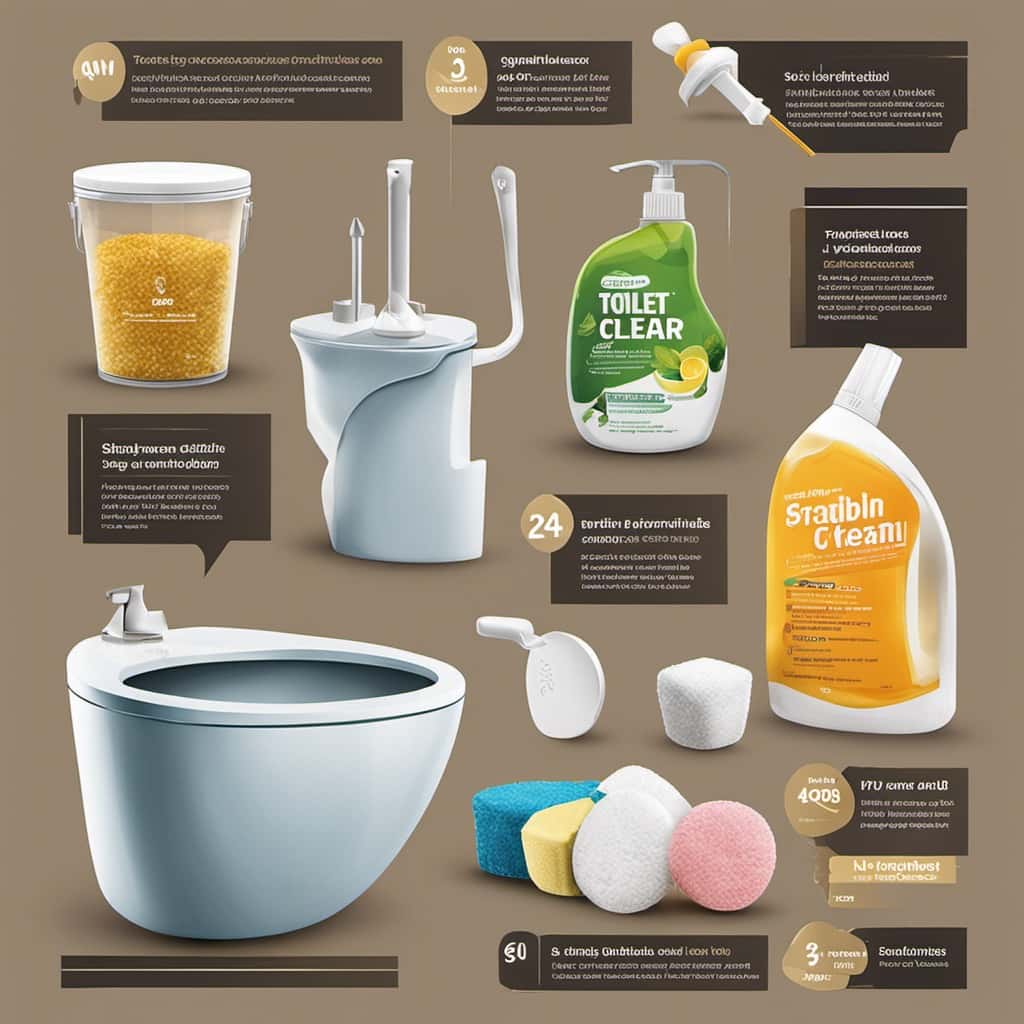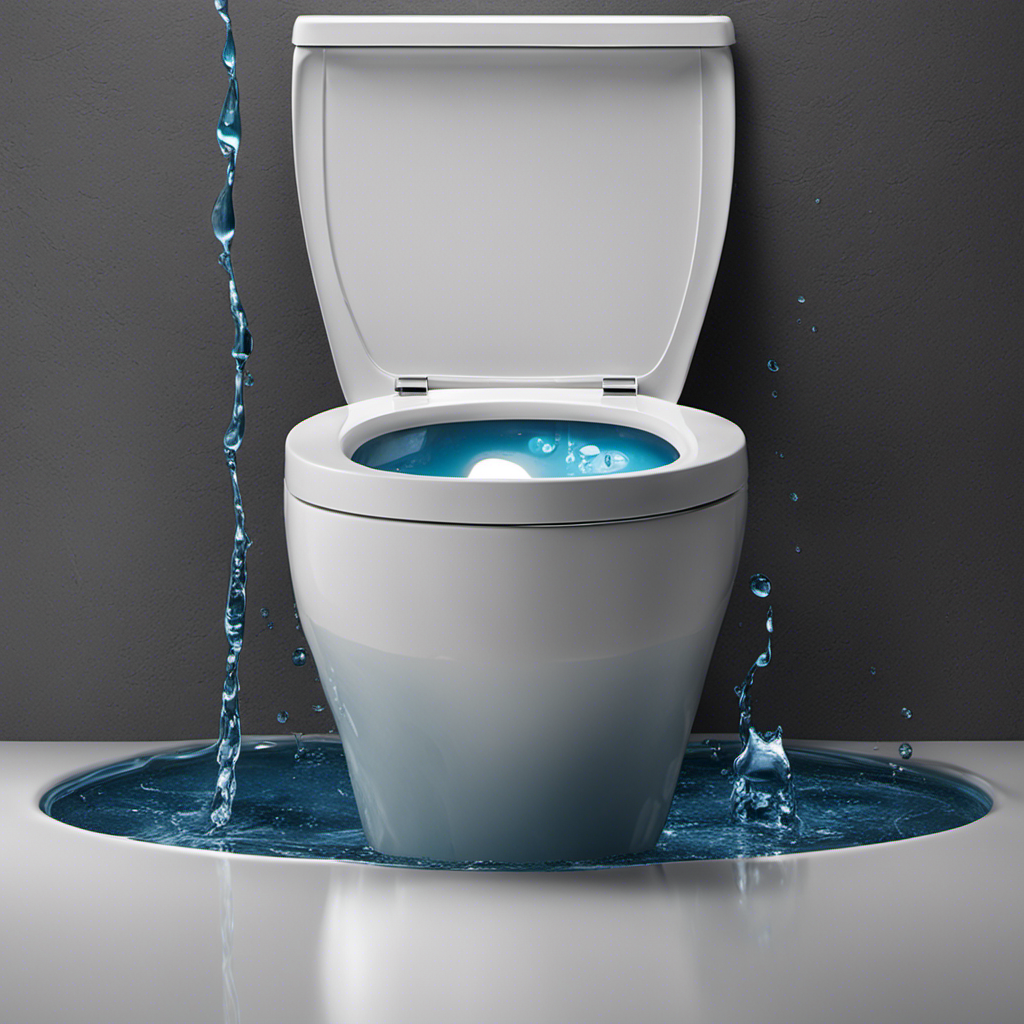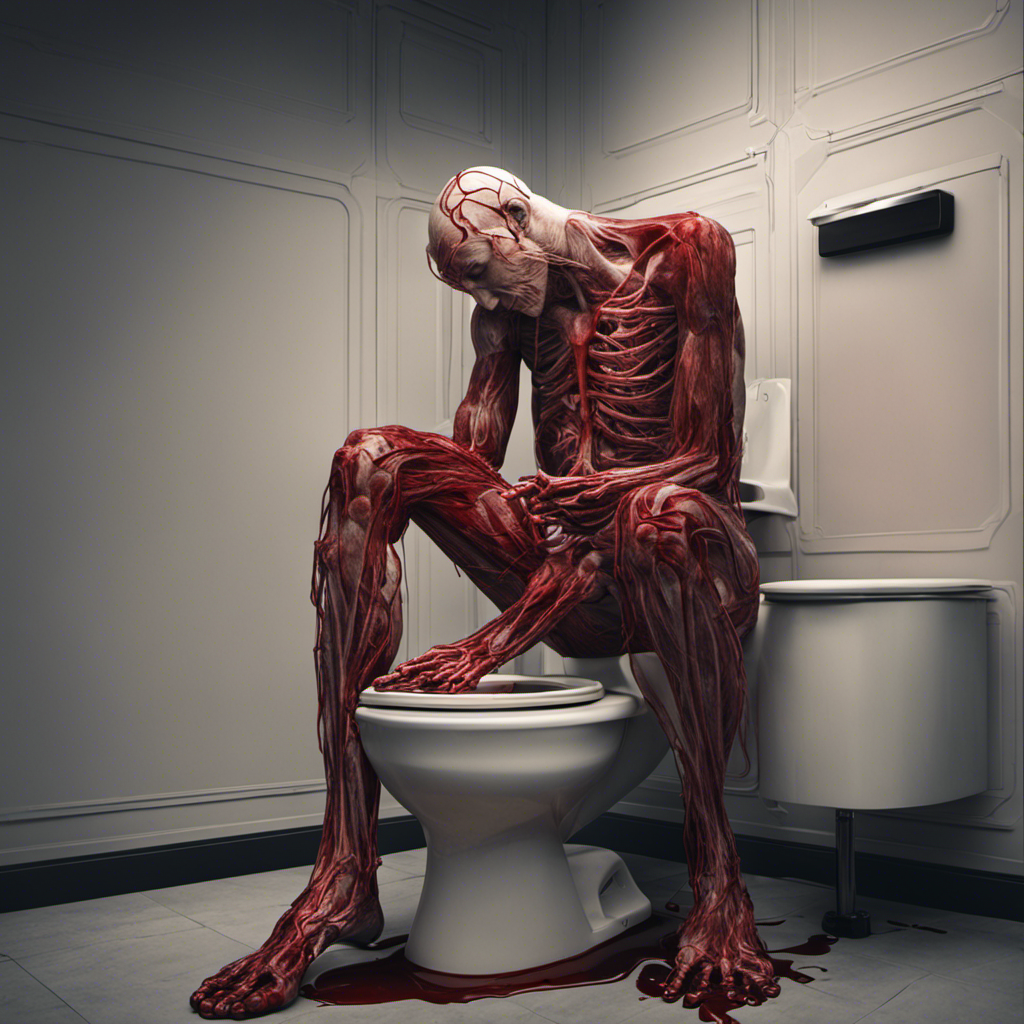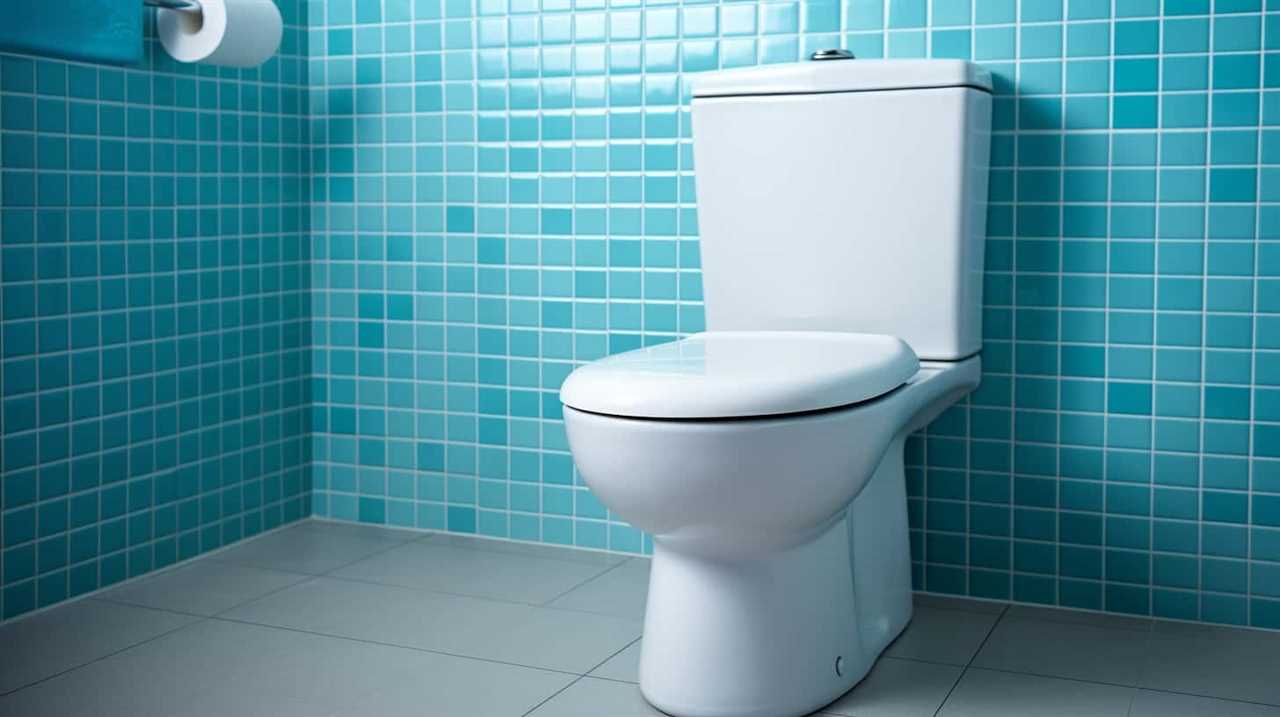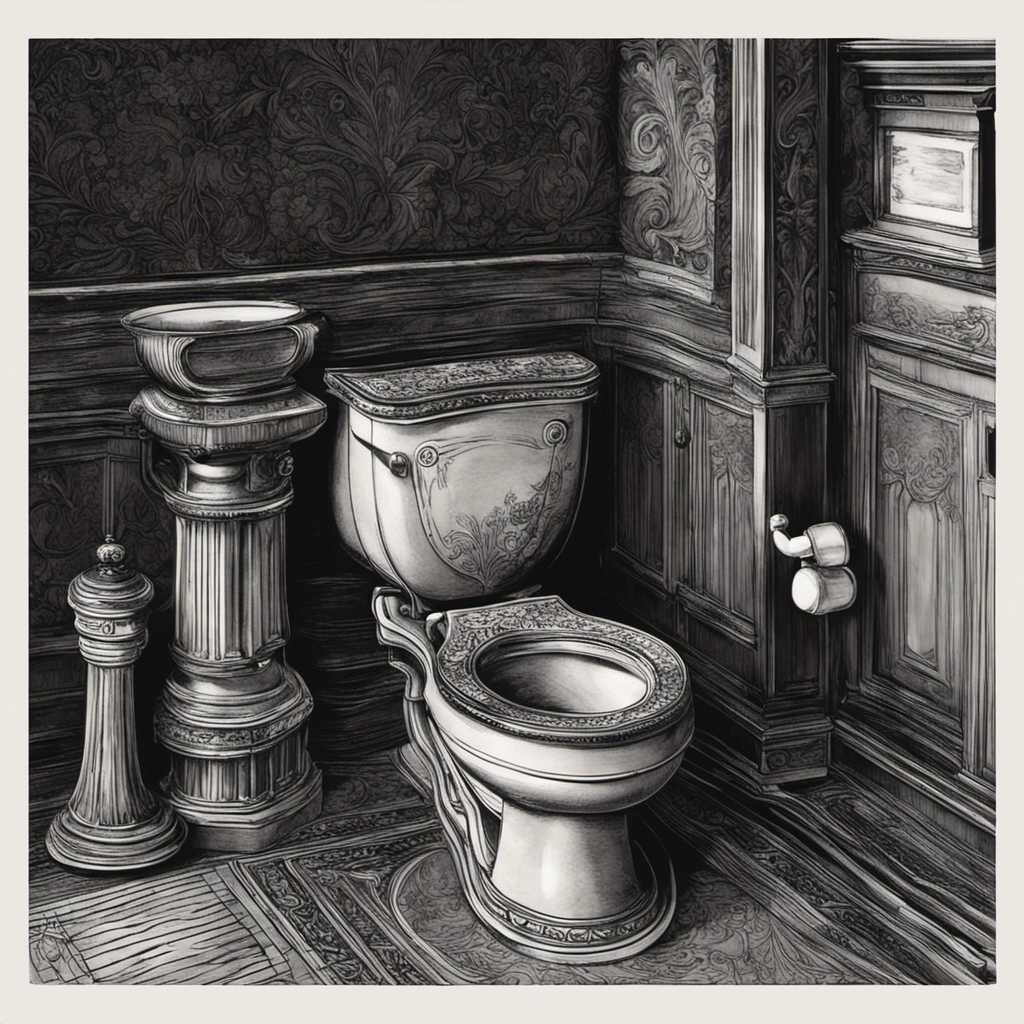Hey there, ever wondered why we can’t flush toilet paper in Thailand? Well, let me fill you in on a little secret.
You see, it’s not just about the plumbing, it’s about the cultural beliefs and practices that shape the way things work here. From environmental considerations to public health concerns, there’s a whole lot more to it than meets the eye.
So, join us on this journey as we explore the reasons behind this unique bathroom etiquette. Let’s dive in, shall we?
Key Takeaways
- Thai households adhere to the cultural belief and practice of not flushing toilet paper.
- Flushing toilet paper can cause blockages and damage to the outdated plumbing systems.
- Disposing of toilet paper in a separate bin prevents unpleasant odors and the spread of germs.
- Water scarcity in Thailand leads to minimal water usage in plumbing systems.
Cultural Beliefs and Practices
In our experience, most Thai households adhere to the cultural belief and practice of not flushing toilet paper. This toilet etiquette has been ingrained in their society for generations. It’s important to understand the reasons behind this practice to appreciate the cultural sensitivities and hygiene practices of the Thai people.

One reason for this cultural belief is the outdated plumbing systems in many parts of Thailand. Flushing toilet paper can cause blockages and damage to the pipes, leading to expensive repairs. To avoid this inconvenience, Thai households have adopted the habit of throwing used toilet paper into a bin next to the toilet.
Additionally, hygiene practices play a significant role in this cultural norm. The hot and humid climate of Thailand can cause bacteria to multiply quickly. By disposing of toilet paper in a separate bin, it prevents unpleasant odors and the spread of germs in the bathroom.
Understanding and respecting these cultural beliefs and practices is essential when visiting Thailand. By following their toilet etiquette and hygiene practices, you show respect for their customs and contribute to maintaining a clean and hygienic environment.
Plumbing Infrastructure Limitations
We have observed that the limitations of plumbing infrastructure in Thailand contribute to the cultural practice of not flushing toilet paper. These limitations stem from two main factors: water scarcity and septic tank limitations.
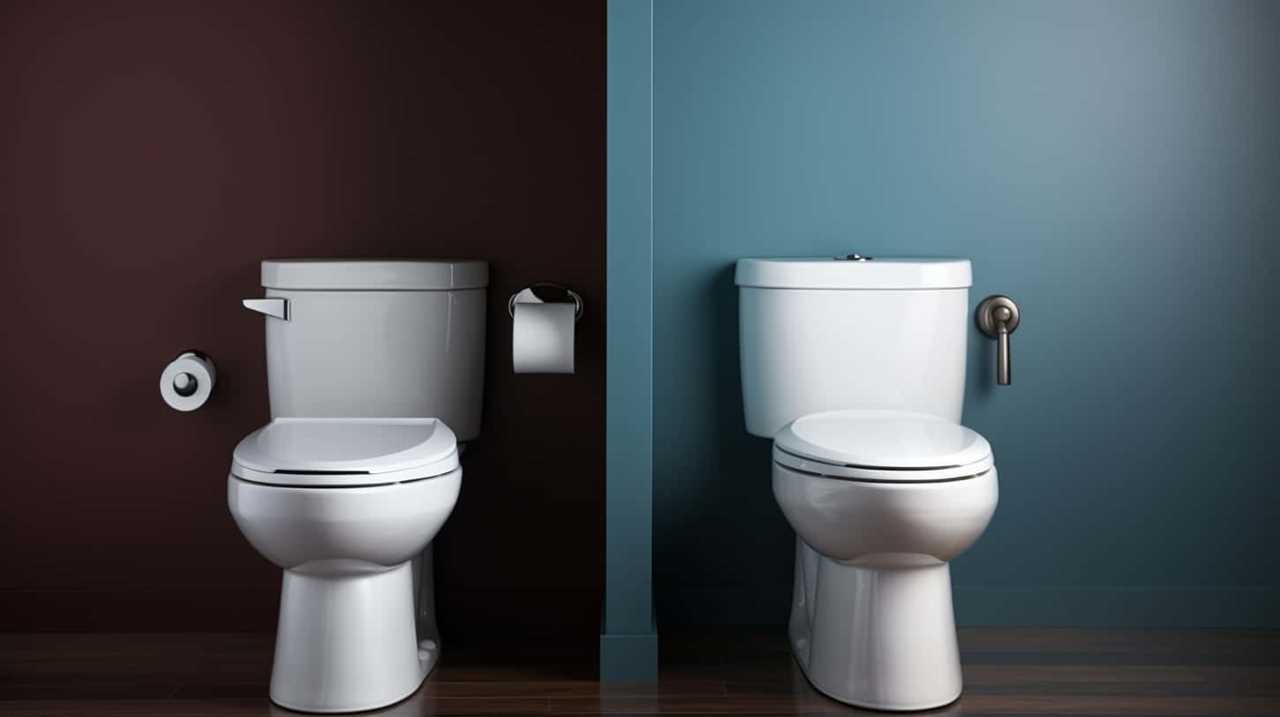
Here is a closer look at how these factors impact the plumbing infrastructure in Thailand:
- Water scarcity: Thailand, like many other countries, faces challenges with water scarcity. To conserve water, the plumbing systems are designed to handle minimal water usage, and flushing large amounts of toilet paper can strain the already limited water resources.
- Septic tank limitations: Many areas in Thailand rely on septic tanks for waste management. These tanks have limited capacity and aren’t equipped to handle large amounts of toilet paper. Flushing excessive toilet paper can lead to clogging and costly repairs.
Given these limitations, it has become a cultural norm in Thailand to dispose of toilet paper in designated bins rather than flushing it down the toilet. This practice helps alleviate strain on the plumbing infrastructure and maintain the functionality of septic tanks.
Environmental Considerations
Considering the limitations of plumbing infrastructure in Thailand, it is important to address the environmental considerations associated with not being able to flush toilet paper. In Thailand, the waste management system is not equipped to handle large amounts of toilet paper being flushed. This can lead to clogged pipes and sewage backups, causing significant environmental issues. To understand the impact of not being able to flush toilet paper, let’s look at the following table:
| Environmental Considerations | Impact |
|---|---|
| Waste management | Overburdened waste disposal systems |
| Deforestation | Increased demand for paper production |
The inadequate waste management system in Thailand struggles to handle the additional waste generated by flushing toilet paper. This can lead to overburdened waste disposal systems, resulting in pollution and health hazards. Moreover, the increased demand for paper production to meet the needs of flushing toilet paper contributes to deforestation, further harming the environment. Therefore, it is crucial to find alternative solutions to reduce the environmental impact and promote sustainable waste management practices in Thailand.
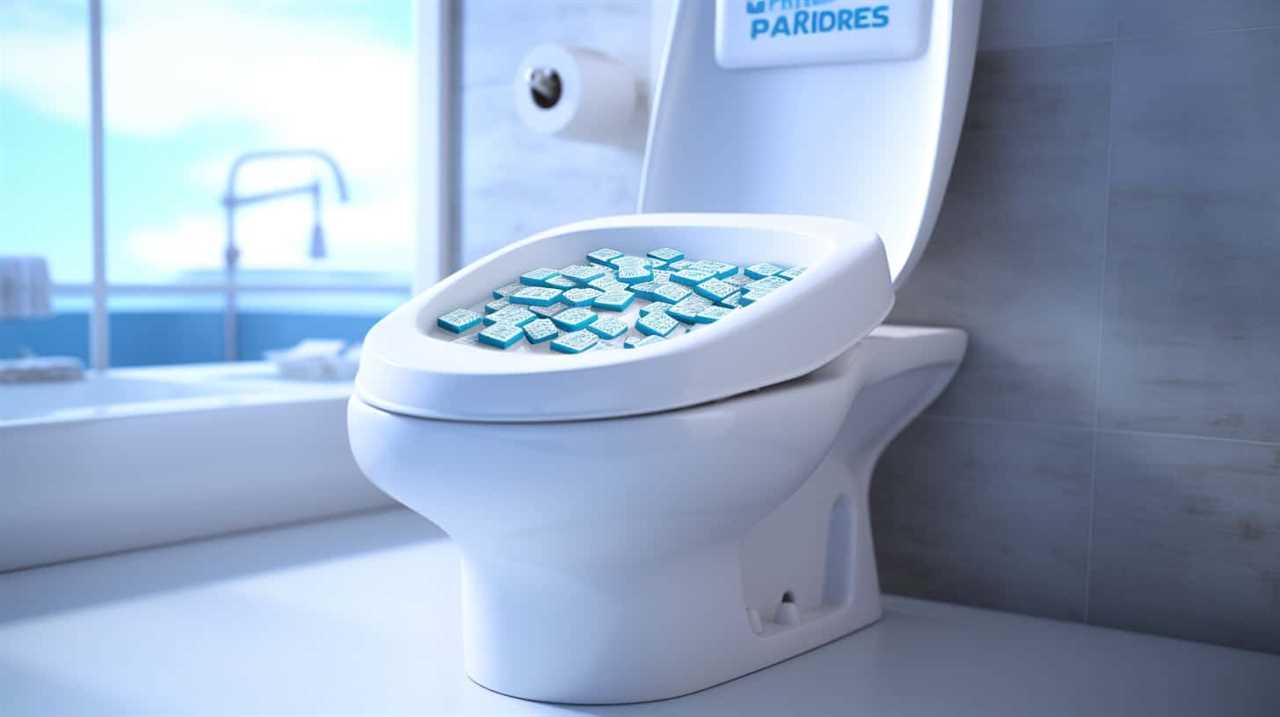
Public Health and Sanitation Concerns
Given the limitations of plumbing infrastructure, it’s important to address the public health and sanitation concerns associated with not being able to flush toilet paper in Thailand.
Here are four reasons why the inability to flush toilet paper can pose public health risks and impact waste management in the country:
- Disease prevention: When used toilet paper is disposed of in bins instead of being flushed, it can become a breeding ground for bacteria and viruses, increasing the risk of disease transmission.
- Odor and hygiene issues: Accumulated toilet paper in bins can emit unpleasant odors, attracting pests and compromising overall hygiene in public restrooms.
- Waste management challenges: The disposal of large amounts of used toilet paper in bins puts a strain on waste management systems, potentially leading to overflowing bins and unsightly surroundings.
- Environmental impact: Improper disposal of toilet paper can contribute to pollution and contamination of water sources, impacting the environment and potentially causing harm to aquatic life.
Addressing these public health and sanitation concerns requires a comprehensive approach that includes improving plumbing infrastructure, waste management systems, and promoting proper hygiene practices.
Alternative Solutions and Best Practices
To address the public health and sanitation concerns associated with not being able to flush toilet paper in Thailand, alternative solutions and best practices can be implemented. Waste management and proper hygiene practices play a crucial role in ensuring a clean and healthy environment. Here are some alternative solutions and best practices that can be followed:
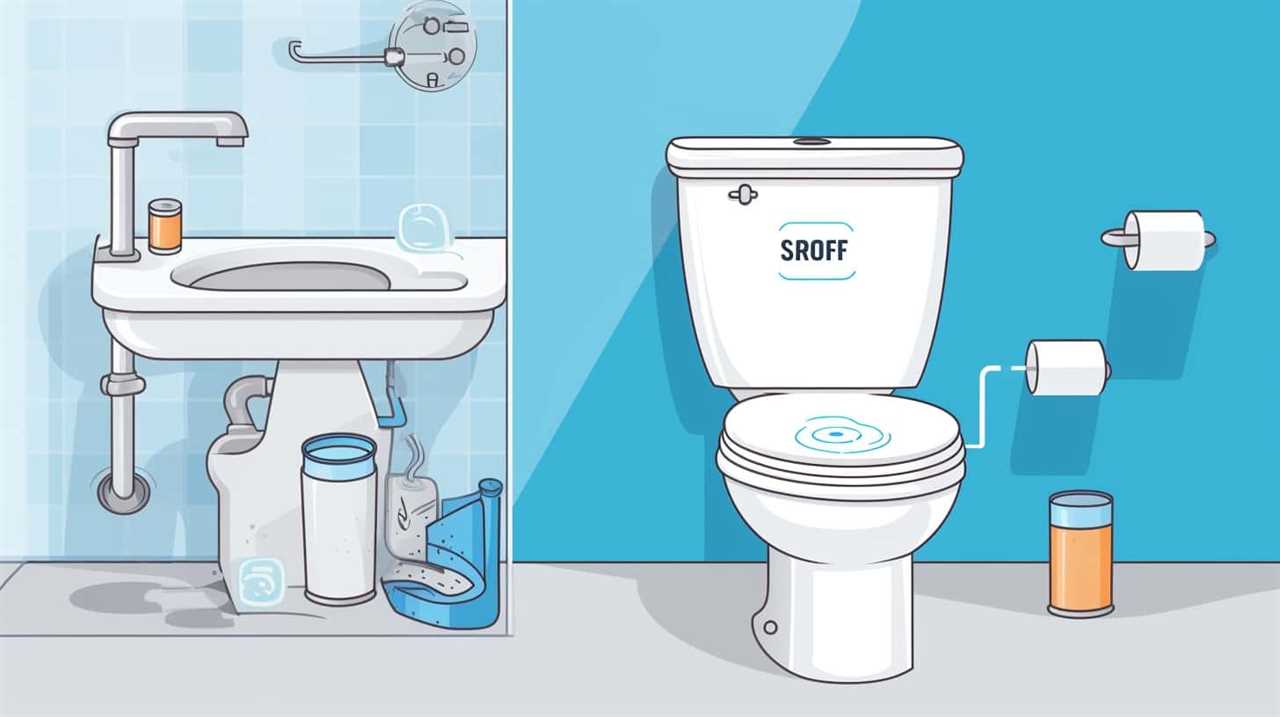
| Alternative Solutions | Best Practices |
|---|---|
| Use a bidet or water spray | Carry tissue or wipes |
| Dispose of used toilet paper in a bin | Properly seal and dispose of the bin regularly |
| Install a separate bin for sanitary products | Educate and encourage proper waste disposal |
| Provide hand sanitizer or washing facilities | Regularly clean and disinfect toilet areas |
Implementing these solutions and best practices can help maintain cleanliness and prevent the spread of diseases. It is vital for individuals and establishments to prioritize waste management and hygiene practices for the overall well-being of the community.
Frequently Asked Questions
Are There Any Specific Cultural Beliefs or Practices in Thailand That Prohibit Flushing Toilet Paper?
In Thailand, there are cultural practices and historical reasons that prohibit flushing toilet paper. These beliefs and practices have shaped the way toilets are designed and maintained, leading to alternative disposal methods.
What Are the Main Limitations of the Plumbing Infrastructure in Thailand That Make It Unable to Handle Flushed Toilet Paper?
The limitations of Thailand’s plumbing infrastructure prevent us from flushing toilet paper. The delicate network of pipes and outdated systems can’t handle the added burden, resulting in clogs and backups.
How Does the Improper Disposal of Toilet Paper in Thailand Affect the Environment?
Improper disposal of toilet paper in Thailand has a significant environmental impact. It leads to water pollution, as the plumbing infrastructure is unable to handle flushed paper, causing clogs and backups.
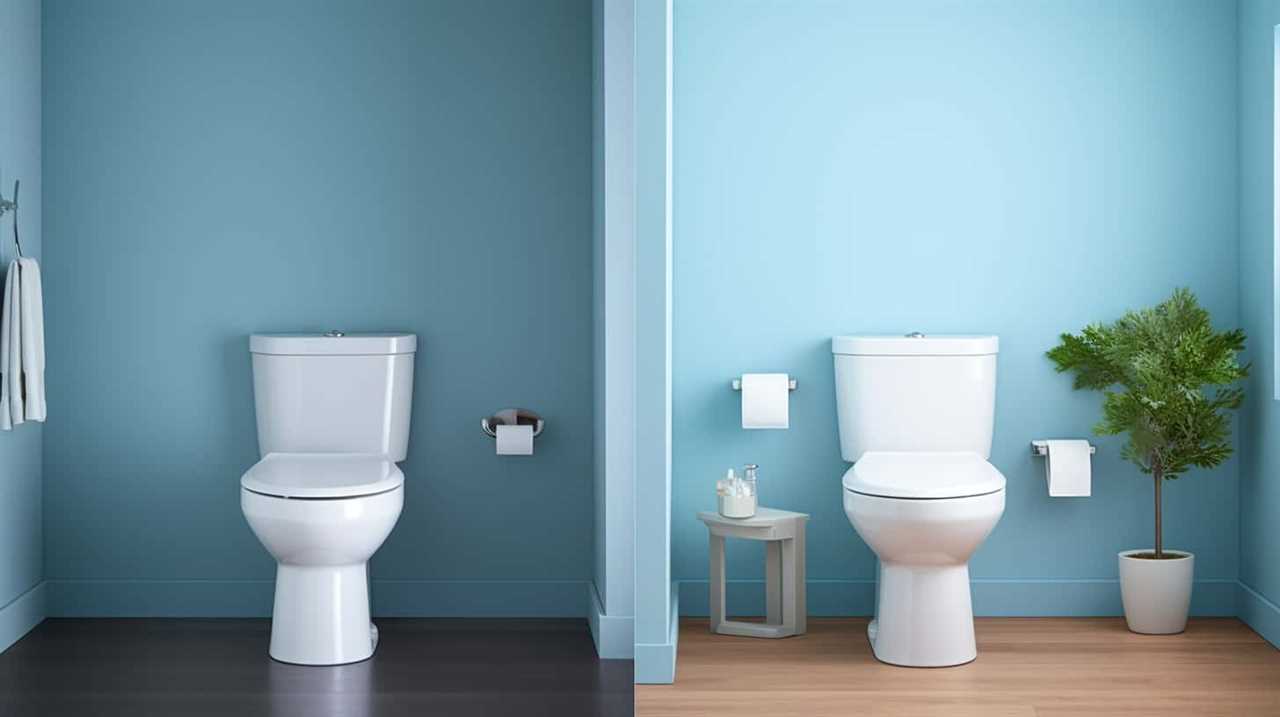
What Are the Potential Public Health and Sanitation Concerns Associated With Not Being Able to Flush Toilet Paper in Thailand?
There are potential health risks and an impact on the sewage system when you can’t flush toilet paper in Thailand. It’s important to understand the reasons behind this practice to ensure proper sanitation.
Are There Any Alternative Solutions or Best Practices Recommended for Properly Disposing of Toilet Paper in Thailand?
When it comes to disposing of toilet paper in Thailand, alternative solutions and best practices are essential. From proper bin placement to eco-friendly options, we’ve got you covered. Let’s explore the possibilities!
Conclusion
In conclusion, the practice of not flushing toilet paper in Thailand is rooted in cultural beliefs, infrastructure limitations, environmental concerns, and public health considerations.
While it may seem strange to those unfamiliar with this practice, it’s important to respect and understand different customs when traveling.

By exploring alternative solutions and adopting best practices, we can promote better sanitation and contribute to the preservation of Thailand’s unique cultural heritage.
Let’s embrace cultural diversity while prioritizing public health and environmental sustainability.

